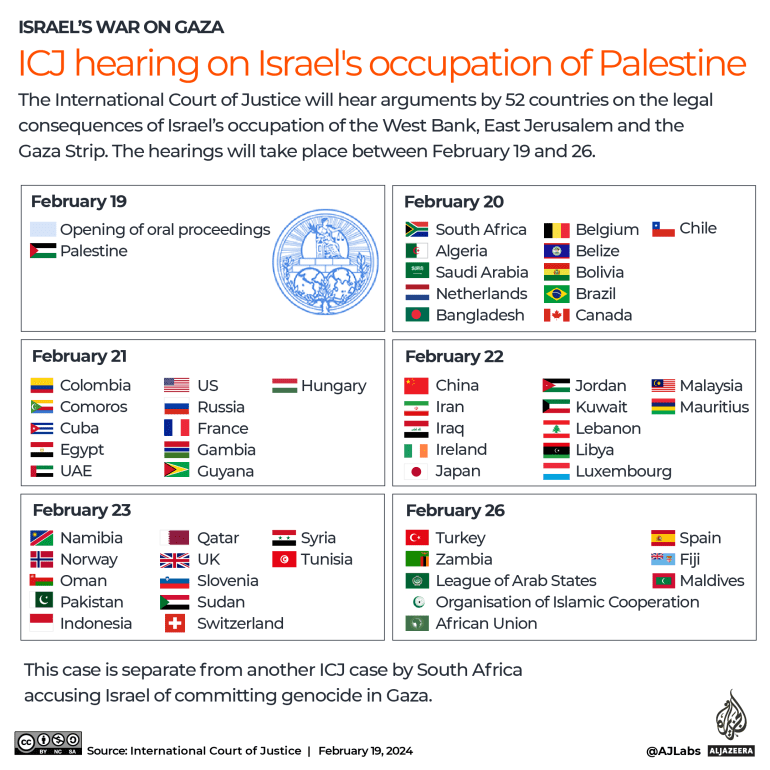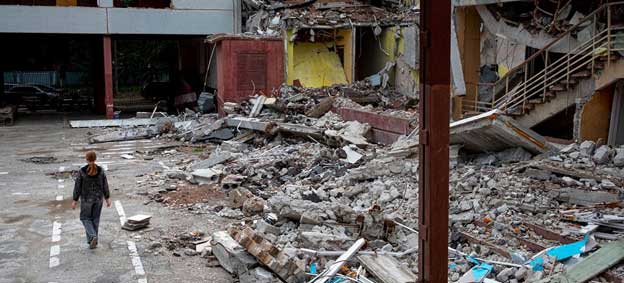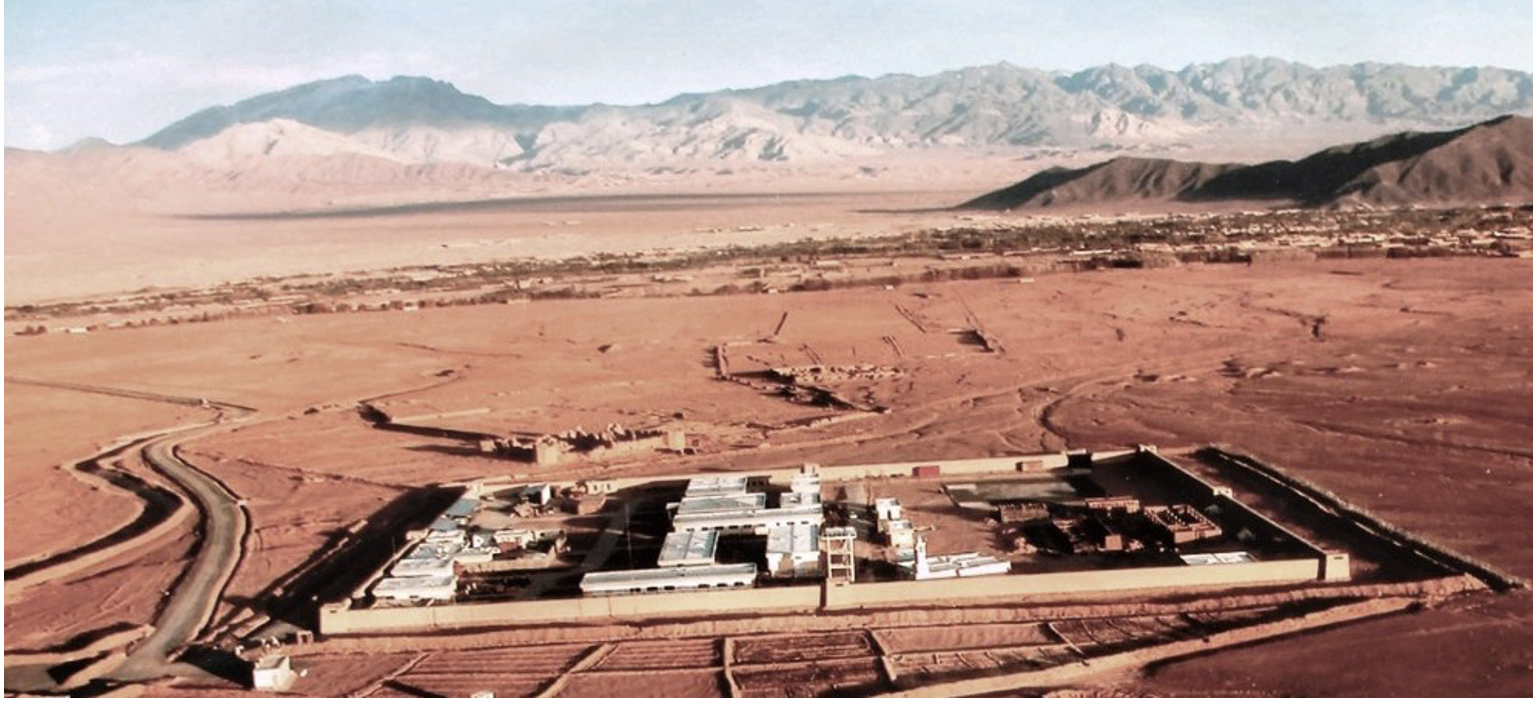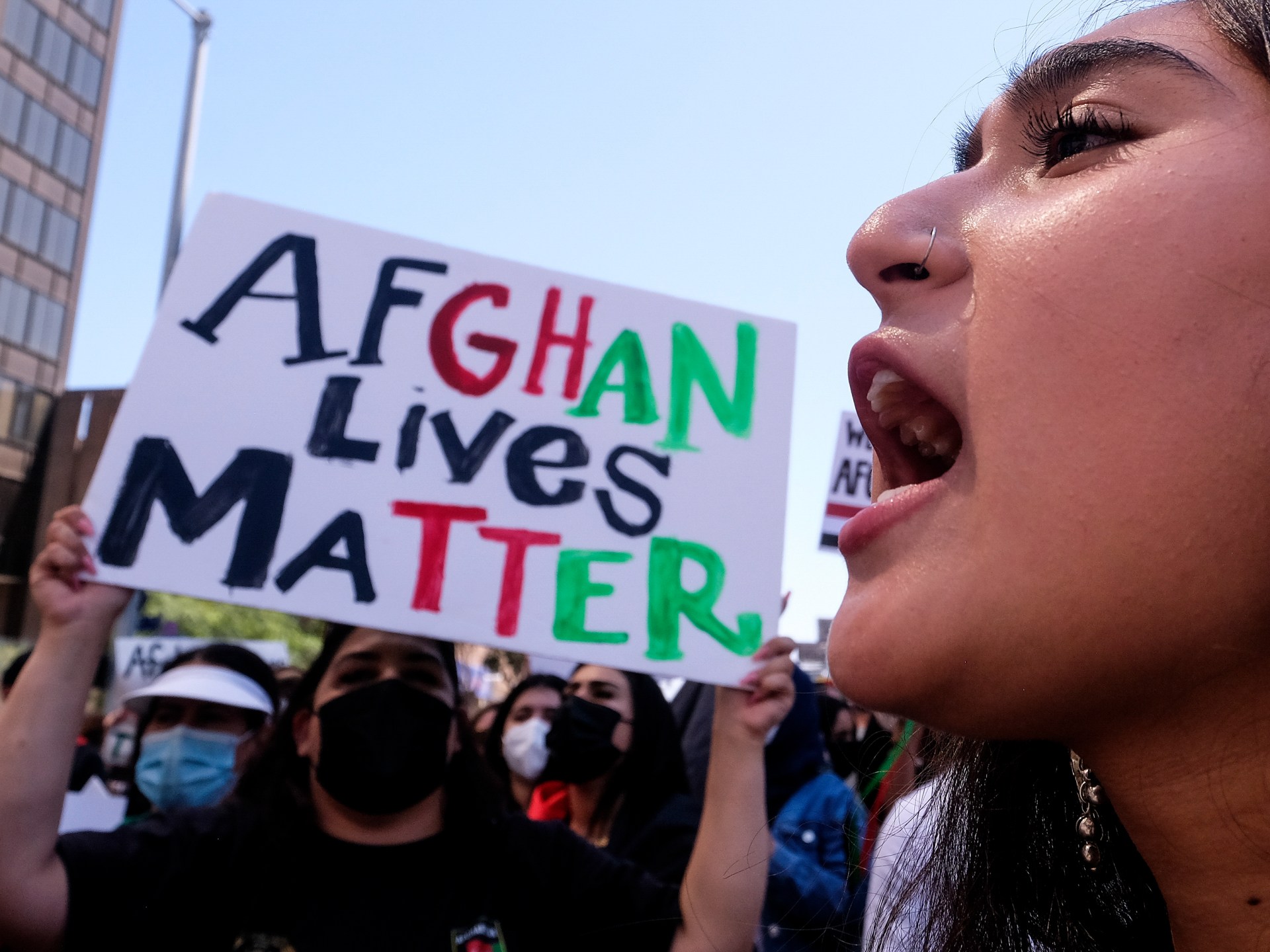US tells ICJ Israel should not be ordered to immediately end occupation | Israel War on Gaza News
The United States has told the International Court of Justice (ICJ) that it should not order the unconditional withdrawal of Israeli forces from the Palestinian territories without security guarantees.
The ICJ, also known as the World Court, is hearing from about 50 countries throughout the week to present their arguments on the issue of a nonbinding opinion on the legal consequences of the Israeli occupation.
Previous speakers including South Africa and Saudi Arabia have demanded that Israel end its occupation of the Palestinian territories, which came after its victory in the six-day Arab-Israeli war in 1967.
But on Wednesday, the acting legal adviser for the US State Department, Richard Visek, took a different approach.
“The court should not find that Israel is legally obligated to immediately and unconditionally withdraw from occupied territory,” Visek said.
“Any movement towards Israel’s withdrawal from the West Bank and Gaza requires consideration of Israel’s very real security needs.
“We were all reminded of those security needs on October 7, and they persist. Regrettably, those needs have been ignored by many of the participants,” he added, referring to the Hamas attack on Israel that killed at least 1,139 people, according to an Al Jazeera tally based on official Israeli figures. Around 250 others were seized as hostages.
Israel responded to the attack with a devastating assault on Gaza that has killed more than 29,000 people, according to Palestinian authorities. The assault has displaced more than 80 percent of the population and reduced large parts of the territory to rubble.

The ICJ’s 15-judge panel has been asked to review Israel’s “occupation, settlement and annexation … including measures aimed at altering the demographic composition, character and status of the Holy City of Jerusalem, and from its adoption of related discriminatory legislation and measures”.
Visek urged the judges to stick to the established United Nations framework for a two-state solution.
“It is important that the court keeps in mind the balance the [UN] Security Council and the General Assembly have determined is necessary to provide the best chance for durable peace”, he said.
The address comes after the US vetoed a draft resolution calling for an immediate ceasefire between Israel and Hamas at the UN Security Council on Tuesday.
Linda Thomas-Greenfield, the US ambassador to the UN, said the resolution was rejected because it could affect peace negotiations on securing a temporary ceasefire and exchange of Israeli hostages for Palestinian prisoners by the US, Egypt, Israel and Qatar.
Al Jazeera’s senior political analyst, Marwan Bishara, said on Wednesday that the US’s legal arguments at the ICJ were “sober and sophisticated, but this doesn’t make them any less dishonest”.
“The overall message of the American representative is that the court should be at the service of the American and Israeli negotiation strategy – not that the American and Israeli negotiation strategy should abide by the court’s ruling,” he said.
“But a World Court cannot be at the disposal of the US. It is otherwise unclear why a potential ruling by the court that the occupation is illegal would be a burden on the negotiations,” Bishara said.
Egypt, which is involved in a mediator role in the negotiations between Israel and Hamas, delivered its stance on the legality of Israel’s occupation on Wednesday and called it a “continued violation of international law”.
“The consequences of Israel’s prolonged occupation are clear and there can be no peace, no stability, no prosperity without upholding the rule of law,” said Egyptian foreign ministry legal adviser Jasmine Moussa.
Russia and France also presented their arguments on Wednesday.
Vladimir Tarabrin, Russia’s ambassador to the Netherlands, said Israeli settlements in the occupied West Bank were in breach of international law and “are contrary to the principle of inadmissibility of acquisition of territory by force.”
He added that the continued Israeli occupation was blocking Palestinians’ right to self-determination and that a two-state solution with an “independent and viable” Palestinian state would be the best way to bring “an end to Israel’s violations, creating guarantees of their non-repetition and redressing the damage”.
France’s representative, Diego Colas, also condemned Israel’s settlement policy and said Paris would “never recognise the illegal annexation of territories in the West Bank”.
Israel, which is not participating in the oral hearings, submitted a written contribution describing the questions the court had been asked as “prejudicial” and “tendentious”.
Israel has long argued that the territories are formally occupied on the basis that they were captured from Jordan and Egypt in the 1967 war rather than from a sovereign Palestine.
Check out our Latest News and Follow us at Facebook
Original Source





